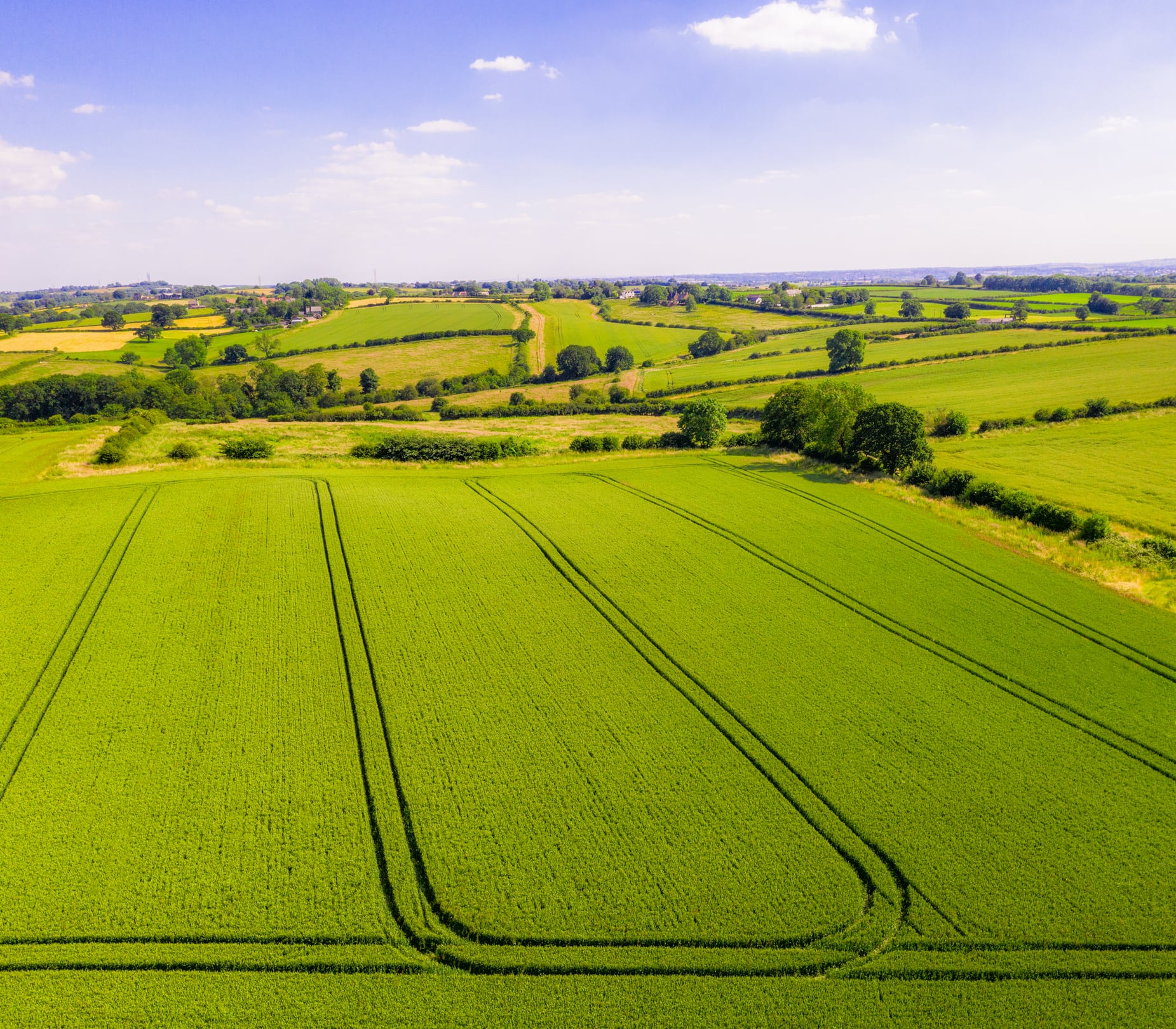On 10 June, a group of leading environmentalists published an open letter on the Fighting Dirty website demanding that the UK Government takes urgent action in response to the “toxic cocktail of chemicals” spread on British farms.
Signatories included Guardian journalist George Monbiot, former MP and leader of The Green Party Caroline Lucas, TV chef Hugh Fearnley-Whittingstall, co-executive director of Greenpeace UK Will McCallum and former chair of the Environment Agency Emma Howard Boyd.
In the letter, they said that sewage sludge used as fertiliser on farms contains “far more” than human waste and that the current testing regime is insufficient to prevent toxic materials from being spread onto farmland.
The letter also blamed water companies, which have allowed liquid waste disposers “to add their chemical effluent to the sewage stream”.
“Sewage sludge contains a very wide range of hazardous synthetic substances, from microplastics to furans, dioxins, polychlorinated biphenyls, phthalates and PFASs (forever chemicals),” the letter continued.
“Because the testing rules have not been updated since 1989, sludge is tested only for regulated metal content and for pathogens on a voluntary basis. None of the unregulated compounds of concern are checked before being sent to farms.
“This means that neither farmers nor those who buy their products have any means of knowing how much of these compounds are being spread on the land. Just as remarkably, there are no legal limits on the concentration of any of these poisons in the sewage sludge passed to farmers.”
Environmental campaign Fighting Dirty took the Environment Agency with the aim of bringing about the introduction of stronger regulatory action, but was told that agency needed a ministerial steer from Defra in order to take action.
As a result, the signatories are calling on Reed to protect the land, groundwater and human health “by taking immediate action in updating the testing and regulating regime of sewage sludge to prevent this toxic cocktail from being spread on our land”.
In response to the letter, a Defra spokesperson said: “We need to see the safe and sustainable use of sludge in agriculture to help clean up our waterways.
“The Independent Water Commission will explore a range of issues, including the regulatory framework for sludge spreading, and we continue to work closely with the Environment Agency, water companies and farmers in this area.”





